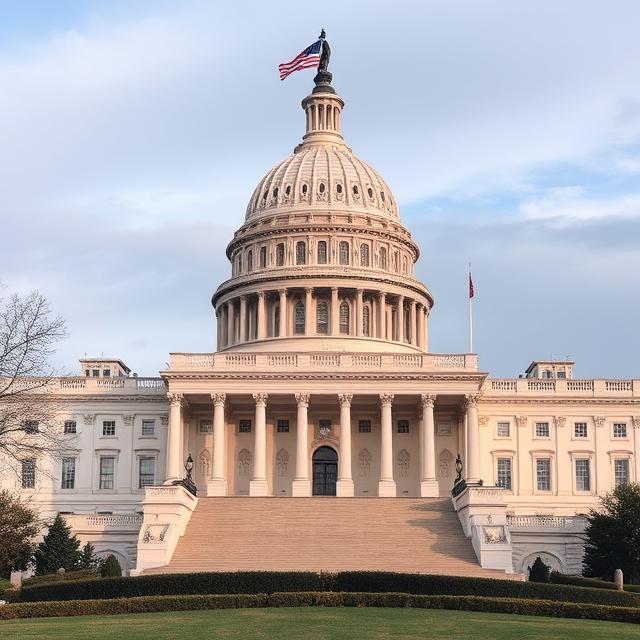The global economy has seen unprecedented changes over the last few years, particularly due to the COVID-19 pandemic. The governments of the world responded with huge economic stimulus programs and targeted Covid stimulus programs to cushion the blow to the people and businesses. As the world is further entrenching itself in the future, questions have been raised regarding the future sustainability, form, and intent of government stimulus initiatives.
Changing Nature of Economic Stimulus Programs
Historically, economic stimulus programs have previously been utilized during economic downturn or recession to spur investment and spending. Historically, these have comprised taxation cuts, government expenditures on infrastructure, and easing of the money supply. The pandemic disrupted assumptions. Governments had to give immediate injections of cash into a wide cross-section of the population, including gig economy workers and small business owners, which was unprecedented in most of the countries.
As the economy stabilizes, future economic stimulus packages could cease to be in the form of one-time relief payments or short-term jobless aid. Rather, they could become long-term investment initiatives aimed at economic transformation, investment in green energy, technological innovation, and education overhaul.
Covid Stimulus Programs and Their Impact
The magnitude and speed of the Covid stimulus programs created relief and distress. Trillions of dollars were distributed under the CARES Act and other relief programs themselves in the US alone. The same was replicated around the world, from Britain’s furlough schemes to direct cash injections in India and business grants in Australia.
These Covid stimulus packages not only institutionalized economies but also opened the floodgates for a larger debate on economic universality, access to healthcare, and digital infrastructures. Although the initial intention was to extend relief to the unemployed and small and medium-sized enterprises, the long-term impact of these programs has shaped economic and political philosophies across the globe.
The Role of Technology and Data
One of the biggest learnings from recent stimulus packages is that delivery mechanisms should be good. Delays, corruption, or failure to reach the most vulnerable were problems in several countries. Going forward, governments can make investments in digital identification systems, real-time monitoring of income, and AI-based detection of fraud to improve management of executing future Covid stimulus programs as well as economic stimulus packages in general.
These technologies can lower the cost of administration and enhance confidence in government support. The data-driven method would also enable policymakers to determine where it is most necessary to intervene and to track the impact of their interventions more precisely.
Balancing Fiscal Responsibility and Social Support
While future economic stimulus programs are expected to be more targeted, they have also had to be budgetarily sustainable in order not to further pile up public debt. Public levels of debt have risen worldwide as a result of pandemic spending, and on this basis, most countries are contemplating further fiscal measures like progressive taxation, carbon taxes, and shutting corporation loopholes to fund future stimulus packages.
At the same time, increasing pressure to preserve some type of social safety net triggered by Covid stimulus packages, like more child tax credits or health subsidies, will emerge. Social justice reconciliation and fiscal discipline will be one of the significant issues that governments will face in the next decade.

The Future of Government Economic and Covid Stimulus Programs
Global Cooperation and Economic Resilience
The pandemic also showed the extent of how connected the global economy is. Supply chain woes, labor shortages, and inflation have all pointed towards international cooperation. Cross-border collaboration could lie at the center of future economic stimulus programs, particularly in issues like climate change, trade policy, and pandemic preparedness.
Specifically, international platforms like the G20 and IMF will increasingly be responsible for determining frameworks of collective response. This may involve joint pools of funding, synchronized tax reform, and borderless data exchange agreements for maximizing stimulus benefits.
Equity and Inclusiveness in Future Programs
The other region of worry is that of inclusivity. Both economic stimulus packages and Covid stimulus programs showed underlying disparities in access to relief. Workers in the informal sector, marginalized groups, and rural communities were likely to receive less aid or nothing.
Coming programs must offer more access by means of inclusive design, community partnerships, and language-accessible messages. Building resilience among the most vulnerable will not only make societies more cohesive but also make economies more resilient to future crises.
Future economic stimulus programs and Covid stimulus programs will be more targeted, inclusive, and tech-driven for economic resilience.



